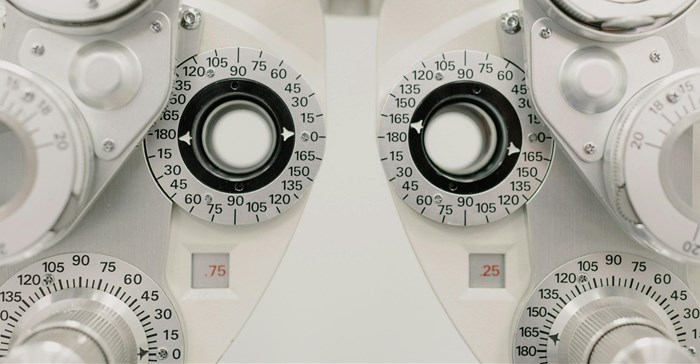
South African Health Products Regulatory Agency (Sahpra) has indicated that ISO 13485 certification is a prerequisite for the application or renewal of a medical-device license, with effect from 1 April 2025 – which effectively means that companies applying for licenses from 1 January 2025 would need to be certified (considering the 90-day period before license expiry).
“It is essential that we educate and resource the medical-device industry to meet these essential regulatory requirements before the deadline,” said Oliver Naidoo, managing director of JC Auditors. “We are encouraging the medical-device industry to start training their teams on the requirements and develop the framework quite soon,” adds Naidoo.
ISO 13485 is an internationally recognised standard specifically tailored for the quality management systems (QMS) of medical device manufacturers. “It plays a pivotal role in ensuring the consistent quality and safety of medical devices, aligning businesses with global best practices,” according to Lindie Fouche, JCA’s Gauteng medical device auditor.
With Sahpra’s decision to make ISO 13485 certification mandatory for medical-device licenses, it is vital for all role players in the medical-device supply chain to be well-informed about the standard's requirements.
The key ISO 13485 standard requirements that the medical-device sector needs to consider include the following basic requirements:
Shiroma Bennimahadeo, JCA’s KZN medical device auditor emphasises that “The complexity and extent of the respective entity’s QMS will depend on the scope and scale of activities. A full-on manufacturer will likely have a complex and comprehensive system in comparison with a small scale medical device distributor that will have fewer complex processes in place.”
The JCA team is focused on an efficient ISO 13485 certification process that is risk-based and takes into account the very unique operating environment of each entity.
“We are aware that there is a fair amount of apprehension in the industry and the JCA team reassures the sector that the ISO 13485 certification process is not just red tape, but rather enables compliance and allows a business to operate on a sustainable framework that ensures medical devices perform as required, ultimately promoting optimal patient care and safety,” enthuses Naidoo.
As part of the awareness campaign, JCA is offering educational resources and support to the South African medical-device industry. Medical-device companies can navigate the path to ISO 13485 certification with confidence, ensuring compliance with Sahpra’s requirements and international industry standards.
“The primary aim of the ISO 13485 standard is to enhance product quality and patient safety and one should never lose sight of this critical intent,” says Naidoo.